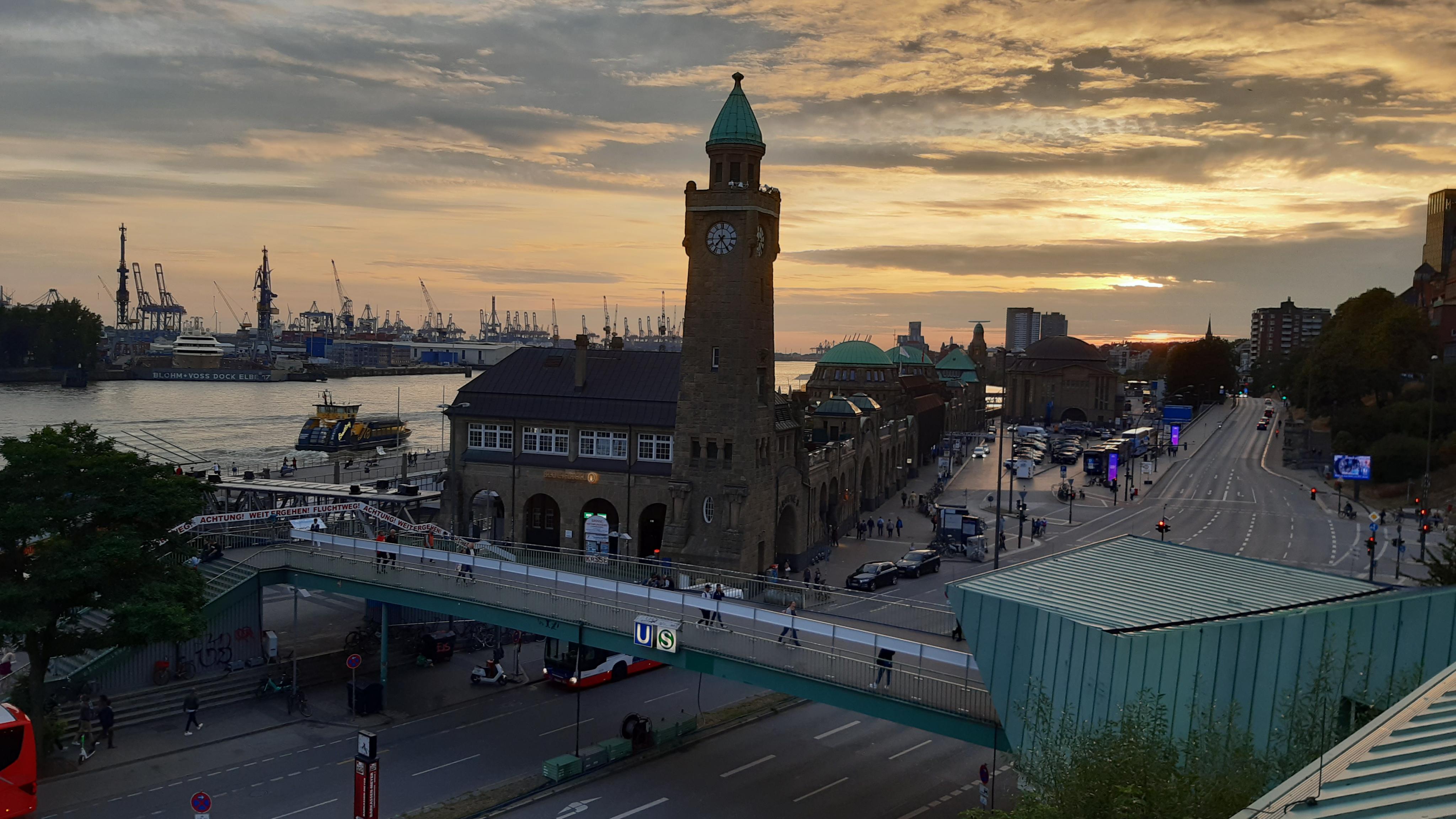Our point of view
Discerning public

This crisis has several dimensions. All must be tackled. Information technology has spawned new ways of communicating. Social media are especially important. There is an obvious need to regulate major internet platforms in ways to protect users’ rights (including privacy) , ensure the reliability of information and limit monopolistic power. Multinational corporations – and in particular the Faangs (Facebook, Amazon, Apple, Netflix and Google) – must not stay beyond anyone’s control. Action is necessary at the international level, and rich nations must lead. The EU directive on privacy, which will take force in May, is a good start.
Another reason disinformation has become dangerous is the crisis of long-established media. Business models have become obsolete as news has become freely available on the internet, and advertising has moved there too. All too often, revenues now bypass conventional media houses to the benefit of web businesses, in particular Facebook and Google. Both deny any responsibility for content.
At least in the advanced nations, journalists, who are responsible for content, tend to be less well-paid today than in the past. Staff has been cut, in some cases dramatically. No doubt, professional journalists must always strive to meet high standards, but if their workload just keeps growing, they are sure to struggle. If good work is not paid appropriately, it will not stay good.
Those who consume news must assume responsibility too. It is absurd to trust anything that pops up on one’s screen and, at best, check whether its suits one’s ideological leanings. To understand what is going on in the world, one must consider more than one perspective. Taking into account inconvenient truths is in everybody’s self-interest.
Paying attention to sources and assessing their merit is probably the most important aspect of media literacy. Quality media indicate where information comes from, and they depend on a multitude of sources. News organisations that do not convey an understanding of both sides in any relevant dispute are unreliable. On the other hand, journalists who simply give both sides equal space are not doing their job either. Superficial equidistance does not help to discovering the truth. If, for example, a news organisation pretends that climate-change deniers and climate scientists are of equal relevance, it obviously fails to assess the relevance of sources properly.
The less people know about how journalists work and what standards apply for what reasons, the easier they will be fooled. Occasional inaccuracies do not add up to systemic disinformation. The real problem are fabricated stories that are designed to mislead and confuse.
Only a discerning public will understand these things, so media savviness is actually a civic duty. If too many people cannot tell reliable information from mere agitation or entertainment, we will one day discover that we are living in a disinformation nightmare rather than an information society. Populist leaders are currently attacking the freedom of the press – along with other democratic principles.
Hans Dembowski is editor in chief of D+C Development and Cooperation / E+Z Entwicklung und Zusammenarbeit.
euz.editor@fazit-communication.de










